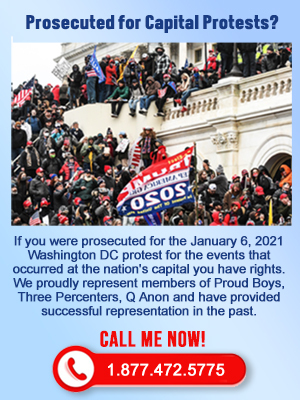On the very same day that the president declared that the opioid epidemic is a public health crisis, a billionaire from Arizona was placed under arrest last week and charged with running a conspiracy to profit from the sale of opioids.
John Kapoor, 74, the founder of the pharmaceutical producer Insys Therapeutics, and company that produces opioids, was charged with the illegal distribution of a fentanyl spray and with violating anti-kickback laws, according to the U.S. Attorney’s Office in Boston. Kapoor is the sixth richest man in Arizona, whose net worth is estimated at $2.1 billion.
Kapoor’s conspiracy scheme allegedly featured bribing doctors into given too many prescriptions of painkillers that were only intended for cancer patients with serious, long term pain. Most of the patients were prescribed a fentanyl-based painkiller called Subsys. However, most of the patients did not have cancer. This drug transmits fentanyl in spray form. It is placed under the tongue for very rapid and potent pain relief. Just two milligrams of fentanyl is enough to cause an adult to die from overdose.
Painkillers with fentanyl are very dangerous because fentanyl is at least 50 times more powerful than heroin and is highly addictive. It is also believed to be 80 times stronger than morphine.
According to US Attorney William D. Weinreb in Boston, Kapoor and his company, in a time of a major opioid epidemic, are accused of bribing physicians to overprescribed a very powerful opioid, as well as committing healthcare and insurance fraud for profit. He noted that this arrest reflects the US government’s ongoing mission to attack the opioid epidemic from all sides.
The success of the drugs made Insys a highly profitable company in Arizona, but its stocks have dropped since the federal investigation started and since Kapoor was placed under arrest. Shares plunged more than 20% on one day last week.
The federal indictment against Kapoor came after other news last week that a doctor in Rhode Island had pleaded guilty to being involved in a bribery scheme in exchange for prescribing Insys drugs that also were opioids.
Jerrold Rosenberg, MD, allegedly received more than $185,000 in kickbacks from Insys as speaking fees. This influenced the decisions of the doctor to prescribe Subsys opioids to his patients.
Last December, several executives and formed executives from Insys were placed under arrest and indicted under federal charges of bribery and kickbacks as well.
Insys’s spokesperson stated that the company is under all new management and has taken a series of steps to ensure that past mistakes are not repeated.
Forbes Reported Last Year on Questionable Practices By Kapoor’s Company
In 2015, a Connecticut nurse practitioner pleaded guilty to violating anti kickback statutes by taking cash from Insys to prescribe Subsys to Medicare patients who did not suffer from cancer. An ex-Insys sales rep in Alabama pleaded guilty as well to a conspiracy to violate anti kickback statutes by paying two MDs to prescribe the drug. Illinois also has filed claims against the company related to trying to sell Subsys for off label uses. US attorneys in California and Massachusetts have been investigating the company for the last two years.
Prosecutors have said that federal charges of conspiracy to commit racketeering and conspiracy to commit mail and wire fraud each can carry a sentence in federal prison of up to 20 years. Conspiracy to violate anti-kickback laws carries a possible sentence of up to five years in federal prison.
Fentanyl Linked to More Than 50% of Opioid Overdoses
The Insys probe is a significant development in the national opioid epidemic because the CDC reports that fentanyl is involved in more than half of opioid epidemics in 10 states recently.
The CDC report stresses how the changing nature of the overdose crisis in the US and how public health stakeholders and officials have not been fast enough to respond to the serious, growing crisis with fentanyl at the center of it. Rather, the focus has been more about limiting access to all prescription opioids.
CDC researchers stated in October 2017 that fentanyl or its chemically similar cousins, called fentanyl analogs, were found in 2903 of 5152 opioid overdoses during the last half of 2016.
The CDC report covered overdoses in 10 states: OK, NM, WI, WV, OH, ME, MO, RI, MA, and NH. It was the first such report to use death scene evidence and toxicological data to characterize the nature of the opioid overdose. These methods are reportedly much more accurate than other CDC reports that only rely on death certificate information.
Maine, Massachusetts, New Hampshire, Rhode Island and Missouri reported the highest number of deaths that involved fentanyl – 60-90%. New Mexico and Oklahoma had the lowest in the range of 15-25%.
The researchers reported that the analysis of deaths to opioid overdose in 10 states found that fentanyl is a major factor that is driving the overdose deaths, and that fentanyl analogs are more often contributing to a large, illegal opioid market with major public health indications.
The findings in this study are significant because most public health awareness campaigns are focused on raising general awareness about the risks of all prescription opioids. But the greatest danger is from illegal fentanyl and the illegal overprescription of fentanyl-based drugs.
